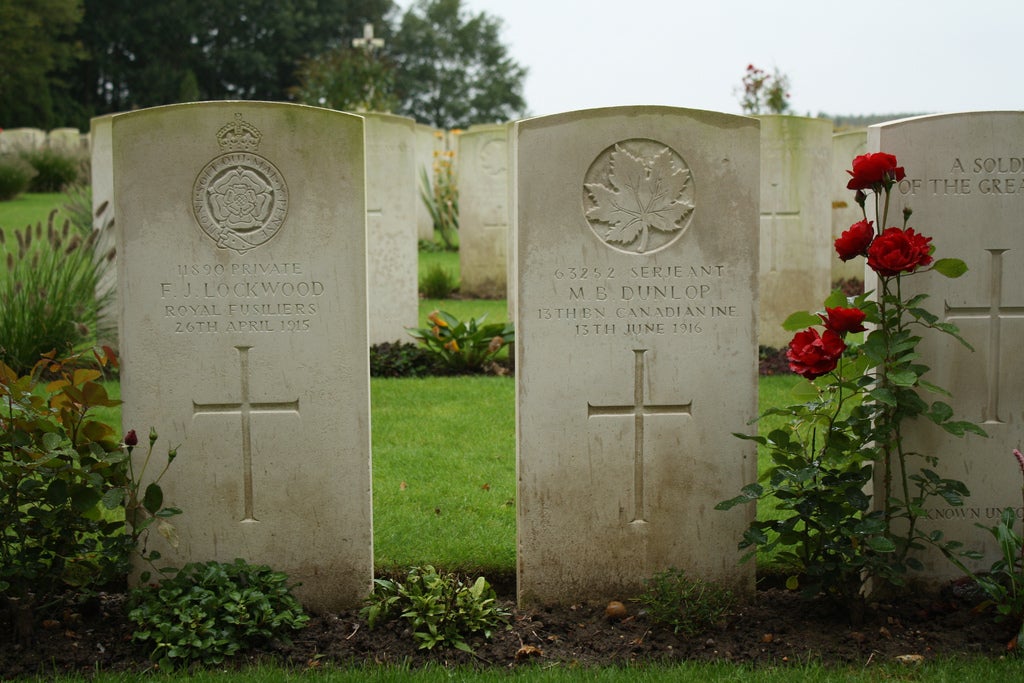Crossland: Words of war

Sven Nys and Niels Albert do battle this weekend in Belgium as Europe observes Armistice Day in remembrance of the Armistice that ended the First World War. Photo: Dan Seaton | VeloNews.com
Editor’s Note: Dan Seaton has been literally crawling through the Belgian mud covering European cyclocross since 2008. Each week this season he’ll look ahead to the weekend’s races and answer your questions about ’cross on the other side of the Atlantic. Got a question for your favorite Euro star? Want to know the inside story about the legendary Flemish fields? Send your questions to crossland@competitorgroup.com.
Though we received a number of great questions this week — which I promise to answer in my next column — I thought a special weekend in Belgium warranted a little change of pace, and some focus on an important piece of Belgian history.
This weekend in Belgium is marked not just by two great cyclocross races, but also by Armistice Day, November 11, when much of Europe pauses briefly to remember the Armistice that ended the brutal First World War. Though just 20 years later World War II would spread suffering far greater throughout Europe and the World, particularly among civilian populations, Belgium, torn in two by horrific fighting along the ravaged front, felt — and continues to feel — the horrors of the Great War particularly acutely.
Hundreds of thousands were killed in the battles that raged for years outside the Flemish city of Ypres. During the cold, saturated summer and early fall of 1917 heavy and constant artillery shelling decimated the land, reducing the ground to a wasteland, a soup of mud and water that often spelled death for soldiers of both sides who lost their footing or stumbled into deep shell craters. Tens of thousands were lost forever, and experts from the Belgian army are still regularly called out to defuse tons of unexploded munitions accidentally uncovered by farmers plowing their fields along the old front lines.
The British poet Siegfried Sassoon, a decorated veteran of the Great War, remembered the fighting of that summer vividly in his poem “Memorial Tablet”, writing: “I died in hell / (They called it Passchendaele). My wound was slight, / And I was hobbling back; and then a shell / Burst slick upon the duckboards: so I fell / Into the bottomless mud, and lost the light…”
As writers we often decorate our stories with our own vivid images, borrowing the words of war: “Nys and Albert battled” or “fought” or “attacked.” In doing so we hope to paint a picture of the intensity and immediacy of a furious and exciting race, transporting our readers from remoteness to reality, to the excitement of the game as it unfolds.
But these words have another sense, one that can be diminished by cavalier use. On Sunday, Belgium and the rest of Europe — and the United States, as it honors its veterans of many wars — pause to restore the meaning, the devastation and affliction that lie just beneath these phrases when we used them in their truest sense.
But Belgium also celebrates an end to war, nearly 70 years of domestic peace since the end of WWII, alongside the valor of those who believed so strongly in their cause they gave their lives for it. And so, as they have done since before the wars, they race.
Soudal Classics, round 2
Saturday brings us the second of the unofficial series of Soudal Classics races, in Niel. The race is a rather straightforward one, not extremely technical, which — depending on the weather — will be either a high-speed endurance test or a muddy slog.
As usual, the favorites in the men’s race are Sven Nys (Landbouwkrediet) and Niels Albert (BKCP-Powerplus), both of whom have posted good results there in the past. Some close contact on the course in Niel in years past poured fuel on the simmering rivalry between the two Belgians, and sparks might fly again following a contentious race in Zonhoven last Sunday.
But the course also suits the style of Kevin Pauwels (Sunweb-Revor). And since Pauwels is still chasing his first win since round one of the World Cup in Tabor some weeks ago, look for him to mount a strong defense against the Nys-Albert duo.
Among the women, meanwhile, the race is likely to come down to Belgian champion Sanne Cant and Nikki Harris, third-place finisher at last week’s European Championships.
Superprestige-Hamme-Zogge
Sunday brings us a similar, if higher-profile, race in Hamme-Zogge, the third round of the Hansgrohe Superprestige Series. Hamme-Zogge unfolds in flat pastureland and in recent years has often been a fast, slick and rather muddy affair. The slightly greater technical challenges of the course might tend to favor a rider like Nys, who currently sits first overall, having won both of the two preceding races in the series.
One rider to watch will be the fast starter Klaas Vantornout (Sunweb-Revor), who finished second there in 2010. Vantornout is not on the start list in Niel, and with the advantage of fresh legs, he may be in a position to grab his best result of the season.
Hamme-Zogge’s women’s lineup is very similar to Niel’s the day before, so the headline for now is likely another tough race between Harris and Cant, though there is room for many riders in the mix, including Harris’ American Telenet-Fidea teammate, Amy Dombroski.
Enjoy the races — and the mud — on Sunday. But remember to take a moment to think about the other stories, those that altered individual lives and the course of history, also written in the Belgian ground.